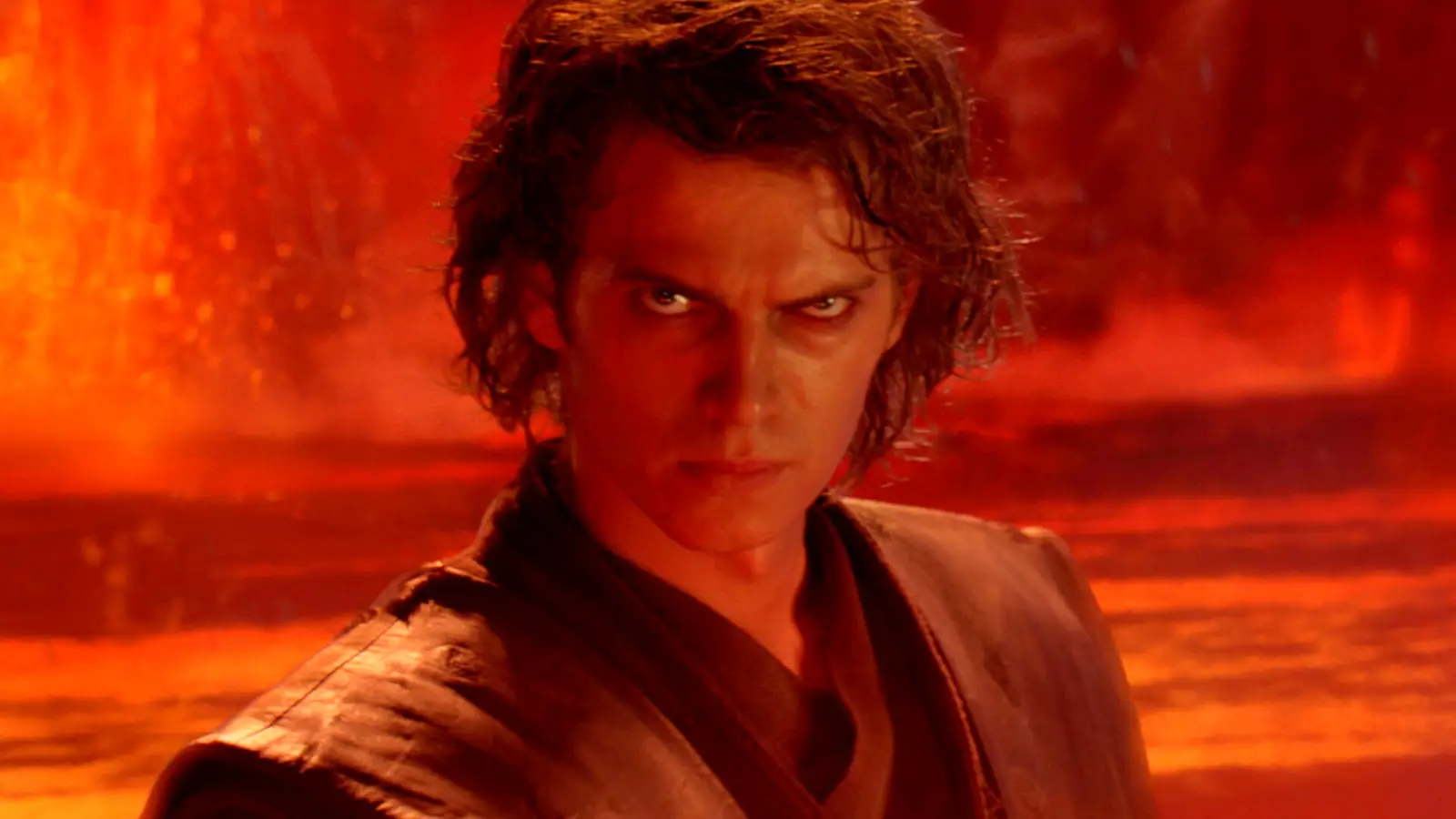Copyright Screen Rant

Pop culture's obsession with lore is killing its greatest franchises; Terminator, Star Wars, Star Trek, and more all have the same problem. Each has gotten stuck in a protracted project of obsessively filling in the gaps in franchise lore...which neglects the fact that the gaps were essential to their success in the first place. Audiences, creators, and often these franchise's characters themselves have become overburdened by the weight of existing canon, and the pressure to fit into it. Star Wars, Trek, and Terminator, to varying degrees, have all succumbed to this excessive self-awareness, and it is starting to feel like a fatal flaw for the iconic series. Pop Culture's Biggest Franchises From Have Forgotten What Originally Made Them Popular Star Wars, Terminator, And More No Longer Leave "Gaps" For Fans' Imaginations The original 1984 Terminator film is short on exposition. Or, a better way to put it: "bare bones." The movie tells viewers precisely as little as they need to know to understand the story. Much like Star Wars seven years earlier, and its sequels, Terminator explained itself so tersely within the film that an opening crawl was necessary to give audiences more context. And just like Star Wars, the result was a story that fired up generations of fans' imaginations. The same can be said of everything from Ridley Scott's Alien, to John Carpenter's Halloween, and so on. The goal of each of these foundational pop culture "texts" of the past fifty years was the same: to tell a story. That is, the story wasn't a pretext, or vehicle for lore. Rather, lore was a byproduct of the story, and more importantly, of the story's unanswered questions. However, the contemporary versions of all these franchises have flipped this equation. Especially in the comics, Terminator, Star Wars, and other major franchises have become so lore-forward it is becoming tantamount to self-sabotage. Major Franchise Storytelling Is Under Too Much Pressure To Add To Existing Canon The Burden Of Pop Culture Mythology These days, Every Luke Skywalker story Star Wars tells is crafted with an intimate awareness of his character trajectory, and must fit itself into that scheme. Or with Terminator, the arc of the war between Skynet and humanity has been well-defined; the franchise's creators continue to struggle to operate within that framework. That is because these stories tend to be motivated by the desire to add to lore. To "reveal." To "recontextualize." To "redefine." These types of stories can be great, in their own right ; take for example the high points of the Star Wars Expanded Universe. Yet their downfall is that they are exhaustive. Meaning, once the gaps in a franchise have been exhaustively filled in, franchises like Trek and Terminator start to double back on themselves, "rebooting," "relaunching," or finding any pretext possible to go back and fill the same gaps in different ways. It creates a recursive storytelling vortex these franchises are struggling to escape. "They Say It Got Smart": The Mystery Of Skynet's Origin Reveals How Franchises Have Changed Over Time A Modern Terminator Film Would Never Be So Vague Star Wars has spent the last decade filling in the time between the Original Trilogy films; only in the past year has it moved on to exploring the post-Return of the Jedi era that predominated the original Extended Universe. The current Legacy of Vader series has done similar, chronicling Kylo Ren's time between Last Jedi and Rise of Skywalker. Dynamite Entertainment's latest run of Terminator comics brought some novel ideas to the table, but it was a particularly notable example of this "lore vortex" problem. Its greatest moments were about the scary and surreal consequences of the franchise's core premise, but these always seemed to be in service of adding a piece to a larger puzzle. There is a line in the original Terminator that sums up the lost art of leaving gaps in stories. When Kyle Reese finally explains the future to Sarah Connor, how he describes Skynet is extremely important. "They say it got smart," Reese explains. This makes it clear that he barely knows anything about Skynet, other than it wants him and all humanity dead. The gaps that make Terminator, and early Star Wars and Trek, exciting also exist within their fictional worlds. They are important to the characters, as much as to the audience. Even Luke Skywalker can only see his part of the larger Star Wars picture, just like Kyle Reese only knows his part to play in Terminator. "Star Wars," "Trek," "Terminator" And More Are All In Danger Of Being Consumed By The "Lore Vortex" Fans Want Immersive Stories, Not More Lore Drops The "lore vortex" is a problem on screen as much as it is on the page. Again, Terminator is at the top of the list. The franchise's mythology becomes more convoluted with every passing sequel, more and more detached from the simplicity of the original, its lack of concern with explaining itself. Whether it's Terminator, or Alien, or Star Trek, or Marvel and DC superheroes, what comic readers, and film viewers, and video game players all want from franchises is to experience stories set in these worlds. Not stories that are overeager to explain the world. To solve all of its mysteries and then solve them again. Mysteries and unanswered questions were essential to the rise of every one of these franchises. It is part of what left fans wanting more. Franchises storytelling, by and large, has lost touch with that. Star Wars can't let go of its lore obsession any more than Terminator can, and it has become a legitimate problem.



